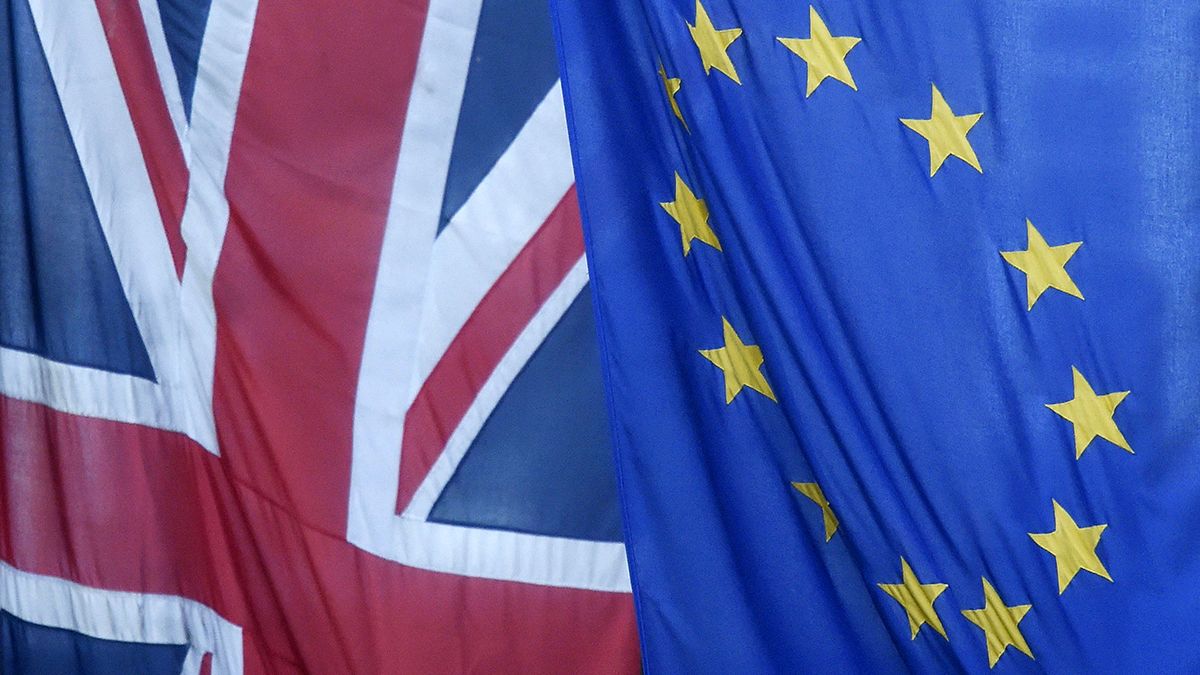Euronews takes you through the options for Britain’s divorce from Brussels.
Euronews takes you through the options for Britain’s divorce from Brussels.
What happens now
In the short term, nothing. The arrangements are so complex that the UK’s status will remain as it was before until the terms of the exit are agreed. This is likely to take at least two years (see below).
Article 50 of the 2009 Lisbon Treaty outlines the process of withdrawal. It has not yet been used as no state has ever left the EU.
The most urgent matters will be for the UK to introduce its own rules and regulations to replace those previously supplied by the EU and to agree on its relations with other countries that previously were handled by the EU, most notably on trade.
A deal will also be needed on how to treat EU workers, student and others based in the UK and Britons living abroad. Given the upheaval on a social and economic level that would be caused by simply ejecting all these people, a transitionary arrangement is likely to let the vast majority stay for a number of years.
How would withdrawal work, in practice?
• Following a decision to quit the EU, the leader of the country must invoke article 50 to start the legal process. It is unclear exactly when this will happen, as the timings of the talks will be extremely sensitive.
• Negotiations then begin on arrangements for the departure and future dealings with the remaining 27 members.
• The remaining EU leaders and the European Parliament must agree on a settlement deal. This may also require ratification by national parliaments.
• The leaving country is not involved in the EU side of the talks and has no say on the final terms offered.
• The talks should be concluded within two years, according to the rules. This would allow the remaining EU states to propose a take it or leave it ultimatum to the departing country. However, if all countries agree, the talks could be extended.
• EU treaties will have to be amended to allow for the new status. The leaving country may have to prepare fresh national legislation.
There is a lot of talk about other non-EU states like Switzerland and Norway. How might that work for the UK?
There are some examples of countries that work with the EU without being members of the bloc. Each arrangement is unique and comes with its own advantages and
disadvantages.
Switzerland
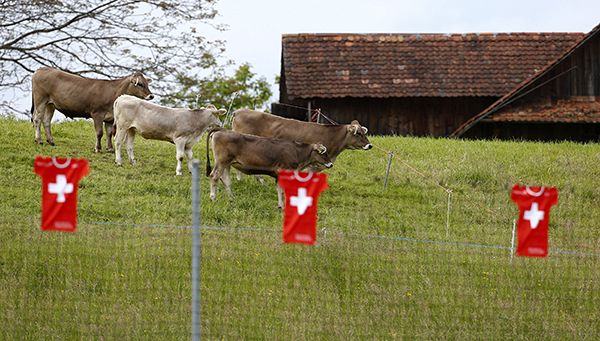
• Member of European Free Trade Association (EFTA)
• Swiss exporters have tariff-free access to EU markets
• Switzerland is free to negotiate trade deals with non-EU countries (China, for example)
• Limited access to EU services market
• Almost no access to EU financial services market
• Freedom over social and employment policies
• But does contribute to EU budget
• Accepts free movement of people
This looks good. Could it work for the UK?
Yes and no.
The financial services market is a significant contributor to the UK economy. Experts say restrictions on access to the EU sector would pose problems for the UK. UK “Out” campaigners also want to end budget contributions and free movement of people.
These issues remain for Switzerland, particularly free movement.
Per head of the population, Switzerland has a high immigrant population. Swiss citizens voted in a 2014 referendum to introduce quotas on EU migrants from 2017, thereby violating the bilateral agreement on free movement.
The EU has refused to permit this. Brussels says it will suspend all other EU-Swiss agreements and market access if quotas are brought in unilaterally.
Norway
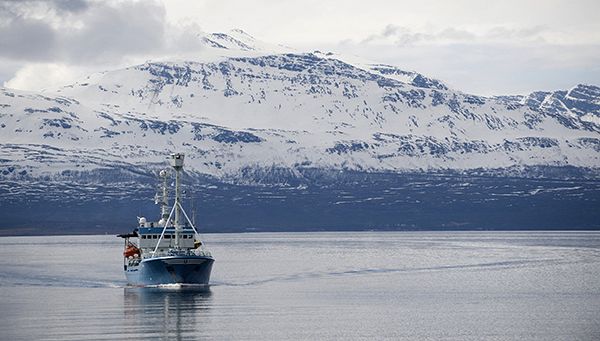
• Member of EFTA
• Member of European Economic Area (EEA)
• Free to negotiate trade deals with non-EU countries
• Not subject to European Court of Justice
• Accepts free movement of EU citizens
• Contributes to EU budget, paying twice as much per head than the UK •Applies single market rules and regulations
• Has no vote on them. Norway has twice rejected EU membership in referenda.
Is Norway a good example for the UK to follow, then?
Norway pays twice as much per head to the EU as Britain, UK Prime Minister David Cameron said during the referendum campaign, and applies the single market rules but has no “seat at the table” as it has no vote.
Greenland
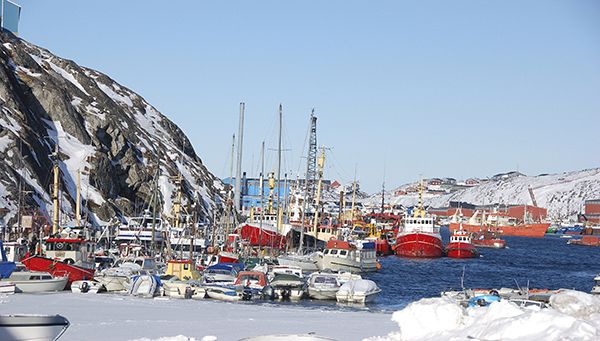
• Left the EEC in 1985, three years after its own referendum
• EU funding continued
• Tariff-free access to the fisheries products market continued
• Gave the EU fishing rights over its waters in return
• Free movement rights for EU migrants retained for transitional period
So Greenland is the best precedent?
It is not that simple.
Greenland left the EEC, not the EU, and commentators say this is a different matter. Experts say comparisons between Greenland and the UK are difficult to make. Greenland was not a member state in its own right – it had joined the EEC as part of Denmark.
At approximately 57,000, its population is also very small. Some think the transitional arrangements for EU migrants could work for the UK, which has two million citizens living in the EU and 2.5 million EU citizens on its own territory.
What arrangement does Turkey have with the EU?
Turkey has a customs union arrangement with Brussels. This means it does not pay tariffs to export most goods to the EU. However, it has to accept EU external tariffs when trading with non-EU countries.
As it is still only an EU candidate country, Turkey does not yet have a say in setting these tariffs. The agreement does not cover the services market. A lot of this seems to be about trade.
Why can’t a non-EU UK simply negotiate its own trade deals with Brussels?
In theory, it can.
This could allow access to EU markets on any terms up to those previously enjoyed by the UK, according to the negotiations.
The UK would not necessarily have to accept free movement under a free trade agreement.
But these deals take a long time to agree, often many years. Talks on the Transatlantic Trade and Investment Partnership (TTIP) between the EU and US began in 2013 and are ongoing.
Regarding deals with other countries, which need to be renegotiated, it has been argued that the UK would not have the same “clout” when negotiating trade deals on its own that it has as a member of the EU and may find the process much more difficult.
What about the World Trade Organisation, then?
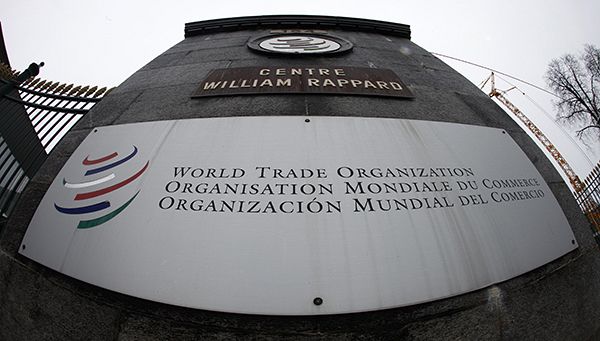
If the UK fails to agree a free trade deal with the EU, it could fall back on WTO rules.
• Low or zero tariffs on many exports
• Tariffs in key sectors like cars, chemicals and food would remain relatively high
• Barriers would remain on some services, especially highly-regulated markets like finance
• UK would not have to accept free movement
SOURCES : Compiled with the help of Reuters
